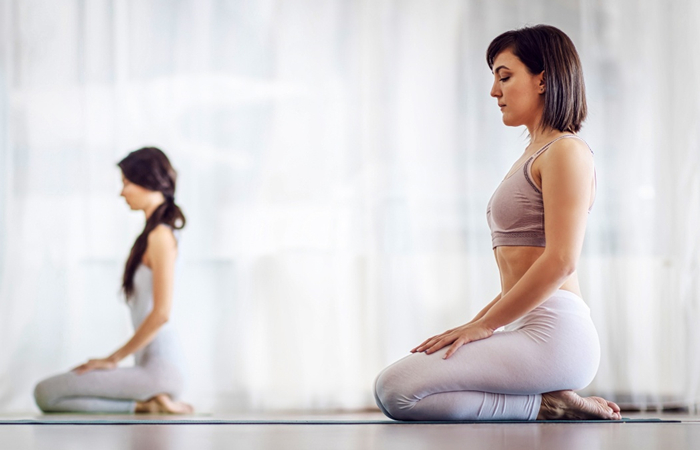The posture of your body speaks volumes about you. Posture is the erect and upright position that one assumes when standing or sitting. It differs from the horizontal in two ways: straight and aligned. Here are some tips on how to improve your posture.
1. Sitting Upright
When you are seated, sit up straight with your back and shoulders level. Bend your knees at a 90angle and keep your feet flat on the floor. Your back should be pressed against the back of the chair. If possible, have lumbar support behind you to prevent excessive leaning on the chair.
2. Maintaining A Good Posture
Posture is important in benefits of good posture for health and when sitting upright, you should be conscious of maintaining a good posture. Stand or sit up straight. Make sure you are not slouching. Your ears should be over your shoulders and the shoulders over hips. Keep your shoulders relaxed, not hunched.

3. No Head Bowed Down
Your head should be upright rather than down and looking at the floor while you are seated or standing. The chin should be tucked back slightly (think of a model on a runway). [NOTE: this is one of the main and immediate benefits of Chiropractic care.]
4. Sitting In A Chair
It is important to sit up straight when seated. If your back is slouched, you will place all of your weight on your mid-back and lower back, causing pain. Some people even develop lower back problems from this posture, so be careful not to lean the seat too much forward – the seat should never be positioned too far forward for comfort or support.
5. No Neck Bends
Keep your neck straight and not bent forward. Your neck should be relaxed, but not hyperextended. By keeping your head erect and avoiding neck bends, you will avoid the strain on your back and shoulders caused by these movements. If you must bend your neck forward to see something that is in front of you, do it with care to maintain good posture.
Improving your posture is important to avoid bad posture. It may take some time, but this can be achieved with the practice of good posture habits. But remember it is not just a personal issue – your body language affects you and those around you in more ways than you think.


